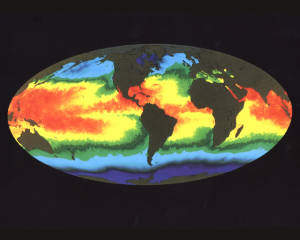Submitted by Fred Hewett
 This month, we have two speakers on the topic of climate change. On November 2, Sue Stafford, a member of the environmental group Mothers Out Front presents a talk entitled “Climate Change Ethics”; on November 16, we’ll have Fred Gordon of Second Street Associates presenting a talk entitled “Addressing the Climate Crisis with a New Type of Building”.
This month, we have two speakers on the topic of climate change. On November 2, Sue Stafford, a member of the environmental group Mothers Out Front presents a talk entitled “Climate Change Ethics”; on November 16, we’ll have Fred Gordon of Second Street Associates presenting a talk entitled “Addressing the Climate Crisis with a New Type of Building”.
These talks continue our current emphasis on environmental issues and climate change, in response to the urgency and magnitude of the crisis. Despite the denials of a vocal minority, the science around climate change is well established. Hundreds of scientific studies provide hard evidence that climate change is happening, and that the burning of carbon-based fossil fuels by humans is a leading cause.
But even though the consensus about climate change is broad, the question of what to do about it is less clear. Some people believe that natural gas will be a “bridge fuel” that takes us from coal and oil to a 100% renewable energy economy. Others argue that building new infrastructure for natural gas acts against non-fossil alternatives by introducing unaffordable delays on the path to renewables.
Natural gas, while cleaner than coal and oil, is not without danger. In addition to the carbon dioxide emitted when it is burned, the process of getting it out of the ground can leak methane (more heat-trapping than CO2), and has harmful side effects on the environment. Hydraulic fracturing, or fracking, is now widely used to extract natural gas from previously inaccessible geological formations, such as shale. This has created a gas boom in North America, but the technology requires the use of a variety of toxic organic agents, many of which find their way into the ground water.
Beyond the question of how much we rely on natural gas in the near term, it’s clear that we must make the transition to fossil-free energy such as wind and solar in the coming decades. Broadly speaking, there are two ways to get there: (1) we can devise market-based mechanisms that offer incentives for reducing carbon (e.g. “cap and trade” or carbon taxes), or (2) the government can simply create regulations that mandate reductions in emissions. Some combination of the two is likely the best approach.
Our speakers remind us that the urgency of the need to address climate change must be acknowledged by all. The key question is how large a temperature increase we will see by the end of the century. A rise of 2º C, while costly, is a tractable situation. But current trends put us on a path toward a 6º C increase, which would could very well spell the end of our civilization as we know it. It is an existential threat, and if our entrenched political and economic systems cannot respond to the threat effectively, it is the ethical responsibility of all citizens to endeavor to change those systems, while the opportunity still exists.
